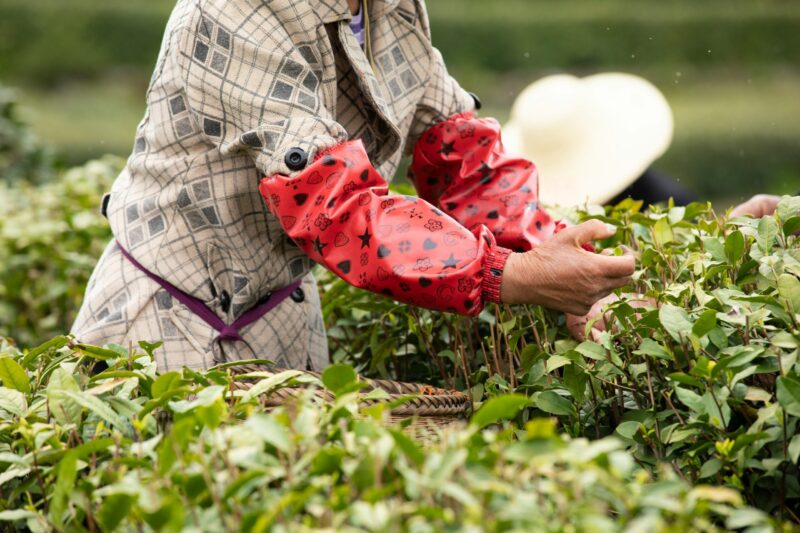22 July 2025
Last week our team at the True Price Foundation, together with Impact Institute presented a paper on the benefits of organic agriculture written for the Robin Food Coalition, a group of front-running organisations in the Dutch organic food space.
Organic agriculture and its benefits are often undervalued in reporting frameworks, and policy instruments. This is largely because current assessment tools fail to reflect its true value for biodiversity, soil health, water quality, and nutrition. In the case of organic agriculture, this means recognising the positive externalities that current pricing systems and reporting tools fail to capture. Without this, truly sustainable farming practices remain undervalued and under-incentivised.
What are the unaccounted positive externalities of organic agriculture?
- Biodiversity loss avoided. Organic farms support richer ecosystems, that are necessary to reverse the global biodiversity decline.
- GHG reduction through no synthetic fertilizers. By avoiding synthetic inputs, organic farming avoids significant emissions that would otherwise be paid for by society in the form of climate damage.
- Soil carbon and water resilience. Organic soil is more resilient against drought and extreme rainfall, pests and nutrient cycling. Organic farming also leads to better water quality, by eliminating pesticide leaching and reducing nitrate pollution. These benefits mitigate long-term risks, reducing hidden social and economic costs.
- Nutritional value. Organic food is found to be more nutrient-dense, reducing diet-related health burdens, another externality rarely captured in price tags.
Why are benefits of organic agriculture so overlooked?
These benefits are often missed because current assessment tools take a narrow view, looking only at individual products and focusing on short-term efficiency metrics like emissions or land use per kilogram. This ignores broader impacts on ecosystems, health, and the food system as a whole. Policy and business sustainability assessments of the food system should include diet-level and product-mix metrics, as well as scenarios that consider the protein transition.
Additionally, comparing impacts only per unit of product (i.e. per kg) overlook the fact that similar products can have different nutritional content and health value. Neither can a product-level lens show the actual impact on people, the environment and the climate. When feasible, the impact of agriculture must be assessed at the hectare, farm or landscape level as well.
Academics have also raised the issue that Life Cycle Assessment (LCA) models, the dominant method for evaluating sustainability of products, are biased in favour of conventional systems. This is because organic farming benefits such as nutritional value, soil health, and nutrient fluxes are not commonly well captured in LCA studies. Improvements to datasets and models on pesticides, biodiversity and soil health are required for organic agriculture’s benefits to show up in LCA studies.
From a true pricing perspective, these gaps often translate into excluded societal costs and undervalued benefits. Accurately accounting for these factors from the outset is crucial to reveal the true, long-term value of organic farming. To guide consumers, farmers, and businesses toward genuinely sustainable decisions, assessment tools and reporting standards must evolve to encompass the full spectrum of costs and benefits.
Recommendations for sustainability assessments and frameworks
Mainstream sustainability assessment and reporting frameworks such as CSRD and The Science-Based-Target Network have large room for improvement when it comes to capturing the benefits of organic agriculture. Read the recommendations in the paper below.
About the Robin Food Coalition
The Robin Food Coalition supports consumers, companies, and farmers committed to real and healthy food. Their mission is to build a broad movement for sustainable food production, increasing the number of farmers dedicated to organic practices and making organic food the norm. Together, we are shaping a future where sustainability and health are at the forefront of our food system.
